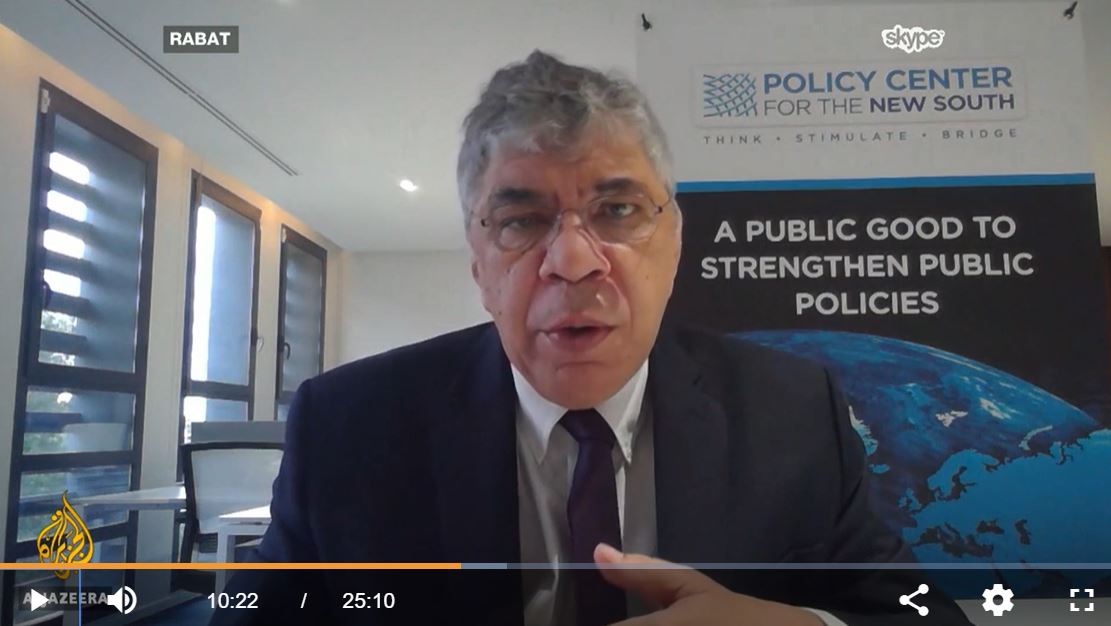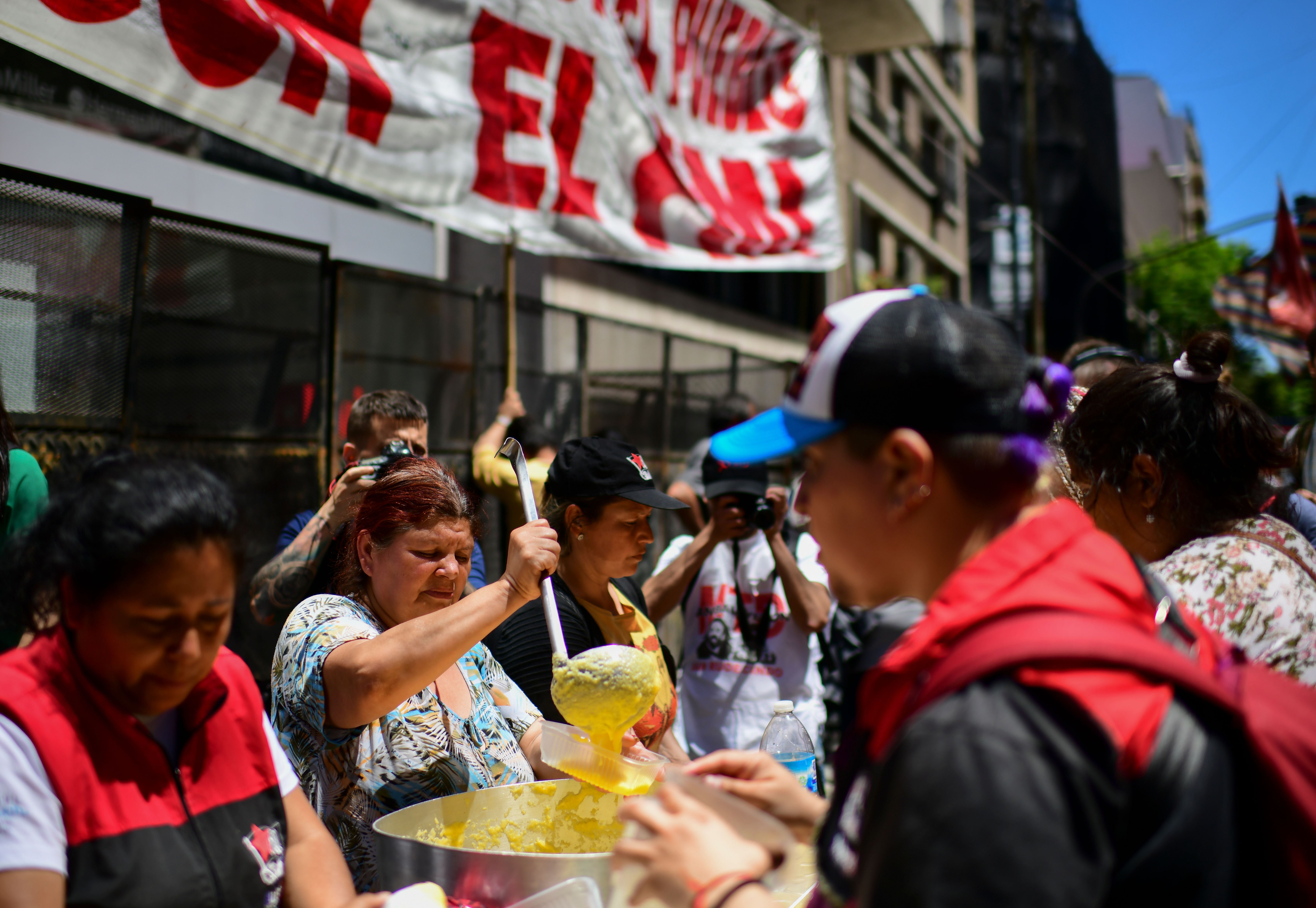Aljazeera – How unpaid corporate taxes led to violent protests in Ecuador
Otaviano Canuto, a senior fellow at the Policy Center for the New South who has also held roles at the IMF and the World Bank, tells Al Jazeera that the scrapping of fuel subsidies had differentiated impacts on the social structure in Ecuador. "Cutting the fuel subsidies, paradoxically, while in some other countries it might benefit particularly the poor, because as long as it is accompanied by compensatory social policies, the fact is that the major beneficiaries very often are the middle classes who use cars, who benefit from the oil subsidies and so on," Canuto says.


